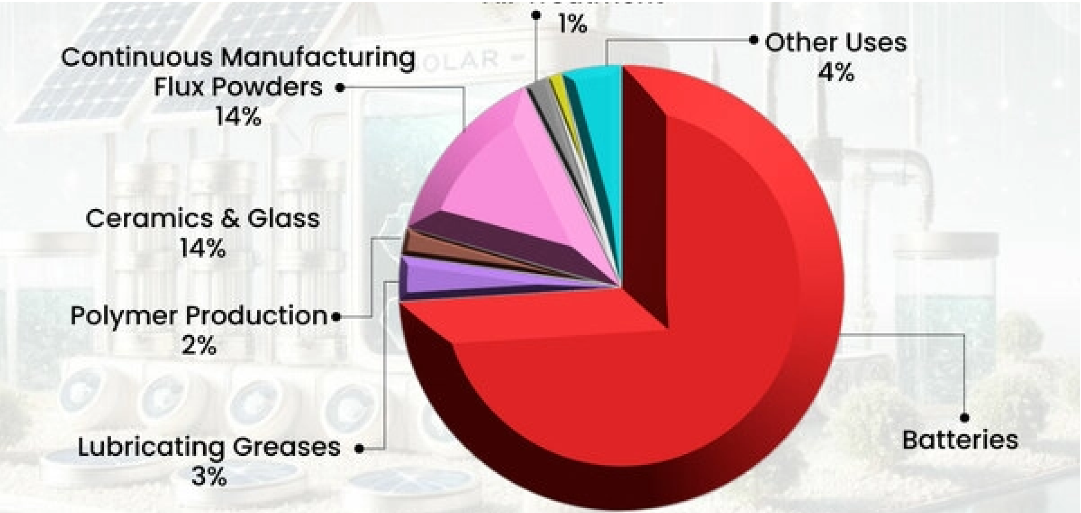Global Emission Reduction Norms Led to the Development of Hybrid Selective Non-Catalytic Reduction (SNCR)/ Selective Catalytic Reduction (SCR) Along with the Growing Adoption of Diesel Exhaust Fluid (Adblue)
Greenhouse gases (GHGs) trapped in the atmosphere cause gradual heating and affect the ozone layer, which protects the planet from harmful rays emitted by the sun. The major GHGs are carbon dioxide (CO2), methane (CH4), nitrous oxide (N2O), and fluorinated gases (hydrofluorocarbons, perfluorocarbons, sulfur hexafluoride, and nitrogen trifluoride). The burning of fossil fuels such as coal, natural gas, and oil, particularly from the transportation sector, results in the emission of CO2. According to the World Health Organization, around 4.2 million premature deaths globally are reported due to outdoor air pollution—black carbon (BC) being the major contributor. According to the US Environmental Protection Agency (EPA), greenhouse gases (GHGs) released by the transportation sector were 27% of global emissions. The high emission of GHGs has resulted in the imposition of norms by several organizations about exhaust emissions.
Moreover, the energy consumption by the road sector transport has allowed the EU to impose high-level EU regulations for passenger cars and LCVs. For instance, the European council and parliament voted on the CO2 emission targets for 2028 and 2030. The CO2 reduction target for 2028 is -15% compared to 2021 for passenger cars and LCVs. For 2030 the targets compared to the 2021 baseline are -37.5% for passenger cars and -31% for LCVs. Therefore, stringent government regulations to lower carbon emission content at a faster rate are expected to increase the adoption of diesel exhaust fluid(Adblue) and drive the global market growth during the review period.

